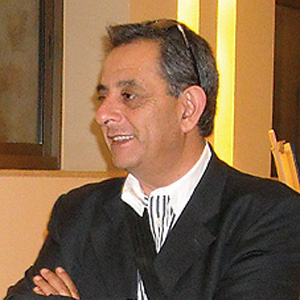For decades now, I’ve seen the queues of Palestinians who live in East Jerusalem waiting to get into the Israeli National Insurance Institute. Literally, come rain come shine, the interminable lines are there as long the institute is open. The same applies to the Ministry of Interior’s only office in East Jerusalem. If you’re one of the “lucky” 300,000+ Palestinians who live in the city, you need to stand patiently in long lines in order to get into the office to register any alteration in your social or civic status or to apply for any sort of permit ranging from a travel document to residency. Whether you need to renew your identity card, register your marriage or the birth of your child, or submit an address change, for example, the Ministry of Interior is your Mecca! True, all civilized countries need to keep track of their citizens (or their permanent residents in our case), but it is no secret that the scene is different in West Jerusalem for Israeli citizens. It’s also true that, irrespective of where we live on this globe, waiting has become an inevitable part of our lives. Whether it’s at red traffic lights, in checkout lines, or in doctors’ clinics, we all wait; however, I dare say that in Palestine, waiting has a special flare to it that has become an integral part of Palestinian identity.
Thank God for smartphones that ease the hours of waiting time that Palestinians often must endure in order to cross a checkpoint. Gazans wait for weeks, sometimes months, for Egypt to open Rafah Crossing Point, which only remains open for a few days at a time. Families of Palestinian political prisoners count the days to see their sons, brothers, and daughters. Possibly the most painful, though, is the agonizing wait for the release of the corpse of a slain son, which could take months. Naturally, the most prevalent type of waiting is that of the Palestinian refugees who have been waiting since 1948 to return to their homeland. Most Palestinians wait for Fateh and Hamas to come to an understanding to heal their six-year-old schism that is tearing Palestine apart. Some children and farmers wait for the gates at the separation Wall to open in order to go to their schools or to cultivate their lands. Palestinians specialize in many other kinds of waiting, too, but none comes close to the wait of Palestinians for peace and justice.
Collectively, Palestinians have for decades been waiting for peace and justice to prevail. They’re still waiting! Patience is indeed a virtue, and sowing a seed requires patience and hopeful anticipation that something worthwhile will grow. But Palestinian patience is running out on all fronts. Unless something happens – soon – to ease the pressure on people, the current situation will very likely lead to an explosion. There is a limit to how much waiting Palestinians can tolerate.


